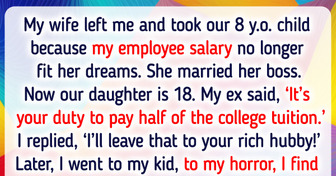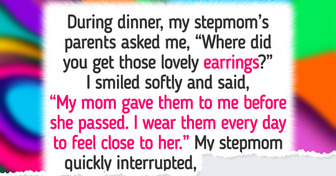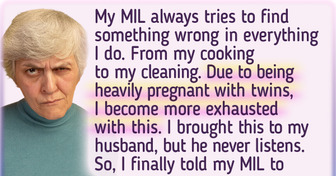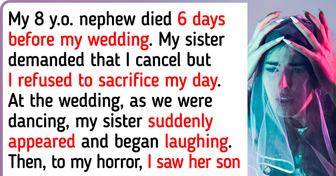17 Texts That Only Our Parents Could Send
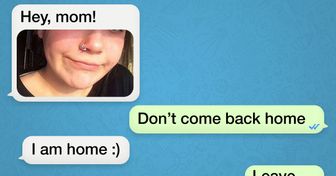
Researchers state that relationships often change after having a baby. A study found that relationship satisfaction tends to decline over the first decade, especially for parents. More children in the family lead to lower satisfaction, with only 38% of married mothers of infants reporting high satisfaction, compared to 62% of childless married women.
A relationship expert and marriage counselor noted that couples with young children often struggle to find time for each other, leading to a transactional relationship dynamic, which is far from ideal.
A lead author of a study on declining marital satisfaction after childbirth, suggests three steps to avoid this transactional trap: 1) nurture fondness and affection for your partner, 2) be attentive to your spouse’s life and respond to their needs, and 3) approach problems as challenges you can control and solve together as a couple.

Becoming a parent isn’t the sole source of new conflicts, as highlighted by Stacey Sherrell, a family therapist. However, before having children, couples often have more time to address issues such as poor communication. This becomes more challenging when a child enters the picture.
Furthermore, behaviors that may have been merely “a little annoying” before having kids can escalate into significant issues. For instance, if one partner enjoys playing video games, it might not have been a problem before the children arrived, as the other partner might have seen it as a chance to unwind on their own. However, after having kids, one person playing video games can lead to the other feeling like they’re shouldering most of the parenting responsibilities.
Parenthood often brings challenges to a relationship. Communication, intimacy, and quality time, known as “protective” relationship factors, tend to suffer when a baby arrives. Factors like sleep deprivation and financial stress can exacerbate conflict and tension.
Surprisingly, many new parents are unprepared for this disruption because it’s seldom discussed. Prenatal courses rarely cover the topic, social media showcases idealized parenting, and even friends and family hesitate to open up for fear of causing rifts in their loved ones’ relationships. As a result, parents often feel isolated and ashamed of their difficulties, making them less likely to seek help, further worsening their relationship challenges.

The multitude of stresses associated with caregiving, including its tendency to reinforce traditional gender roles, present couples with challenges when they become parents. Moreover, the birth of a child often triggers a shift in the identity of each parent, both individually and as a couple, leading to significant hurdles.
This phenomenon has been extensively researched, particularly in mothers, referring to the transition into motherhood. These changes, ranging from hormonal shifts affecting behavior to alterations in body image, often commence during pregnancy. For the non-birthing parent, witnessing their partner undergo these changes even before the baby arrives can be bewildering and disorienting.

Becoming a new parent can be simultaneously challenging, exciting, frustrating, and wonderful. However, if you find your life described as “chaotic” after the arrival of your first child, it’s a warning sign. A study on declining marital satisfaction after having a baby revealed that couples who used the term “chaotic” to describe their lives tended to experience a decline in marital satisfaction after the baby arrived.
When couples use the term “chaotic,” they often feel overwhelmed by significant life changes that seem beyond their control. This perception of a lack of control can have a negative impact, especially when facing the unpredictable nature of a baby’s needs, like crying and nighttime awakenings.
Whether you’re preparing for, going through, or recovering from a breakup, don’t get stuck in negativity. Ending a relationship might not feel good, but there’s likely a good reason it’s over.
Rather than fixating on what went wrong, focus on the possibilities ahead. Reconnect with friends, explore new hobbies, and, when the time is right, venture back into the dating scene. Instead of viewing it as a loss, celebrate it as a fresh start!




